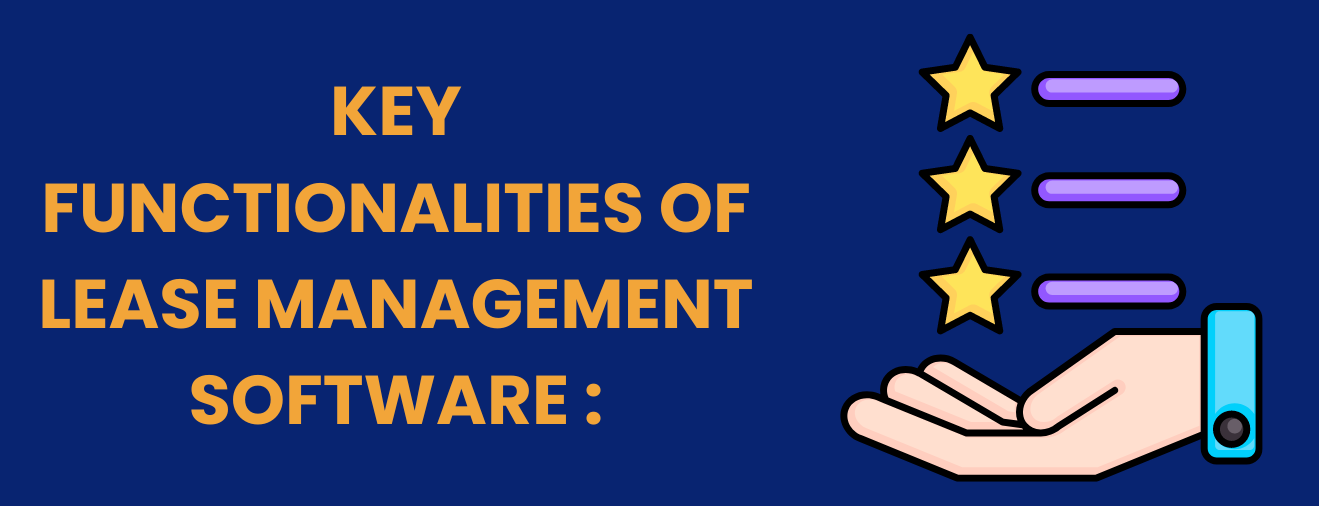In the dynamic landscape of commercial real estate, CAM (Common Area Maintenance) reconciliation plays a pivotal role in ensuring fair cost allocation and transparency between landlords and tenants. This comprehensive guide explores CAM reconciliation in depth, covering its fundamental principles, key components, best practices, challenges, solutions, the importance of CAM, and the transformative role of AI in CAM processes.
Understanding CAM Reconciliation
CAM reconciliation is the annual process where landlords reconcile the estimated CAM charges paid by tenants with the actual expenses incurred for maintaining and operating common areas within a commercial property. These areas include everything from parking lots and hallways to shared facilities like gyms or common lounges. CAM expenses typically encompass maintenance, repairs, utilities, insurance, property taxes, and management fees.
Importance of CAM Reconciliation in Commercial Real Estate
- Accurate Cost Allocation: CAM reconciliation ensures that tenants contribute fairly towards the operational costs of shared spaces based on actual expenditures, promoting financial transparency and fairness.
- Budget Predictability: Understanding CAM reconciliation helps tenants forecast and budget for operational expenses, avoiding unexpected financial burdens during lease terms.
- Compliance and Legal Obligations: It ensures compliance with lease agreements and regulatory requirements, safeguarding both parties from potential disputes over financial obligations.
What Components Go into CAM Reconciliation?
- CAM Expenses Breakdown: Understand the detailed breakdown of CAM expenses, including:
- Direct Costs: Such as janitorial services, landscaping, repairs, and maintenance.
- Indirect Costs: Administrative expenses, management fees, utilities, insurance, and property taxes.
- Capital Expenditures: Major repairs or improvements that benefit common areas over the long term.
- Base Year Determination: Lease agreements establish a base year against which subsequent CAM charges are compared. This base year serves as a benchmark for adjustments based on changes in operational costs, ensuring consistency and fairness in cost allocation.
- Adjustments and Prorations: Factors such as changes in occupancy rates, renovations impacting common areas, or inflation adjustments are considered during CAM reconciliation to ensure accurate cost allocations throughout the lease term.
- CAM Audit Provisions: Some leases include provisions allowing tenants to conduct CAM audits to verify the accuracy of charges and expenses reported by landlords. CAM audits serve as a mechanism for ensuring transparency and fairness in financial transactions.
- Documentation and Record-Keeping: Both landlords and tenants should maintain accurate records of CAM-related communications, invoices, payments, and audit results to substantiate any disputes or discrepancies effectively.

The Role of AI in CAM Processes
Advancements in artificial intelligence (AI) are transforming CAM reconciliation processes:
- Data Analysis: AI-powered algorithms can analyze vast amounts of data to identify patterns, trends, and anomalies in CAM expenses, enhancing accuracy in cost allocations and predictions.
- Automation: AI can automate routine tasks such as data entry, expense categorization, and reconciliation calculations, reducing human error and improving efficiency.
- Predictive Analytics: AI enables predictive modeling to forecast future CAM expenses based on historical data and market trends, providing insights for proactive budgeting and cost management.
Best Practices for CAM Reconciliation
- Clear and Detailed Lease Agreements: Include comprehensive CAM clauses that clearly define responsibilities, calculation methods, base years, audit rights, and dispute resolution procedures to avoid misunderstandings and disputes.
- Regular Communication and Updates: Maintain open channels of communication between landlords and tenants regarding CAM charges, reconciliation processes, and any changes in operational expenses to address issues promptly and maintain transparency.
- Proactive Management of CAM Expenses: Implement efficient management practices to track and document CAM expenses throughout the year, ensuring accuracy and reducing the likelihood of disputes during reconciliation.

Challenges in CAM Reconciliation
- Complexity of Expense Allocation: Determining fair and equitable allocation of CAM expenses among tenants can be challenging, especially in properties with diverse occupancy types and usage patterns.
- Dispute Resolution: Resolving disputes related to CAM charges, calculations, and adjustments requires clear documentation, effective communication, and sometimes, mediation or arbitration to reach a resolution.
- Changes in Property Ownership or Management: Transitions in property ownership or management can complicate CAM reconciliation processes, requiring thorough documentation and communication to ensure continuity and accuracy.
Solutions to Overcome Challenges
- Advanced Technology Solutions: Utilize property management software or CAM reconciliation tools powered by AI to streamline expense tracking, calculation, and reporting, improving accuracy and efficiency in reconciliation processes.
- Enhanced Communication Protocols: Establish robust communication protocols between landlords, property managers, and tenants to address concerns, provide updates, and facilitate timely resolution of disputes.
- Regular Reviews and Audits: Conduct regular reviews of CAM reconciliation processes and implement proactive CAM audits to identify discrepancies early, resolve issues promptly, and prevent recurring overpayments.
How to Prevent CAM Disputes and Overpayments
- Thorough Review of Reconciliation Statements: Tenants should review CAM reconciliation statements promptly upon receipt to verify the accuracy of charges and identify any potential overpayments based on actual expenses incurred.
- Utilize CAM Audit Rights: Take advantage of CAM audit provisions in lease agreements to conduct independent audits of CAM charges and expenses when discrepancies or concerns arise.
- Engage Proactively with Landlords: Address discrepancies or concerns about CAM charges with landlords or property managers promptly to facilitate timely adjustments and prevent recurring overpayments.
The Importance of CAM Reconciliation in Commercial Real Estate Amid Current Economic Conditions in the US
In today’s unpredictable economic landscape, businesses across all sectors are seeking ways to optimize their operations and reduce unnecessary expenses. One often overlooked yet critical process in commercial real estate is Common Area Maintenance (CAM) reconciliation. Understanding and efficiently managing CAM charges can lead to significant cost savings, making it an essential practice for property managers and tenants alike, especially in the current economic climate in the US.
Understanding CAM Reconciliation
Common Area Maintenance (CAM) charges are fees paid by tenants to cover the costs associated with maintaining shared spaces within a commercial property. These can include expenses for landscaping, security, utilities, and general upkeep of common areas. CAM reconciliation is the process of comparing the estimated CAM charges paid by tenants throughout the year with the actual expenses incurred. Any discrepancies are then addressed, resulting in either a refund or an additional charge to the tenant.
The Economic Context
The current economic conditions in the USA are characterized by fluctuating inflation rates, supply chain disruptions, and an overall increase in operational costs. In this environment, both property managers and tenants are under pressure to manage their budgets more effectively. CAM reconciliation plays a pivotal role in this scenario by ensuring that tenants are only paying their fair share of maintenance costs, thus preventing overpayments and fostering financial transparency.
Every dollar saved can make a significant difference. CAM reconciliation is a powerful tool that can help commercial real estate stakeholders manage their costs more effectively, promote transparency, and build stronger relationships. By prioritizing accurate and timely CAM reconciliation, property managers and tenants can navigate the economic challenges with greater confidence and financial stability.
Implementing robust CAM reconciliation processes is not just a best practice; it’s a smart strategy to ensure financial health in uncertain times. As the economic landscape continues to evolve, those who embrace meticulous financial management practices like CAM reconciliation will be better positioned to thrive.
CAM reconciliation is essential for maintaining financial clarity and fairness in commercial real estate transactions. By understanding its components, processes, and implications, stakeholders can navigate lease agreements effectively, fostering positive business relationships and mitigating potential financial risks.
This guide has provided a detailed overview of CAM reconciliation, emphasizing its significance, procedural aspects, best practices, challenges, solutions, the role of AI, and practical tips for stakeholders in commercial real estate. For further insights tailored to specific lease agreements or industry nuances, consulting with legal and real estate professionals is recommended.








